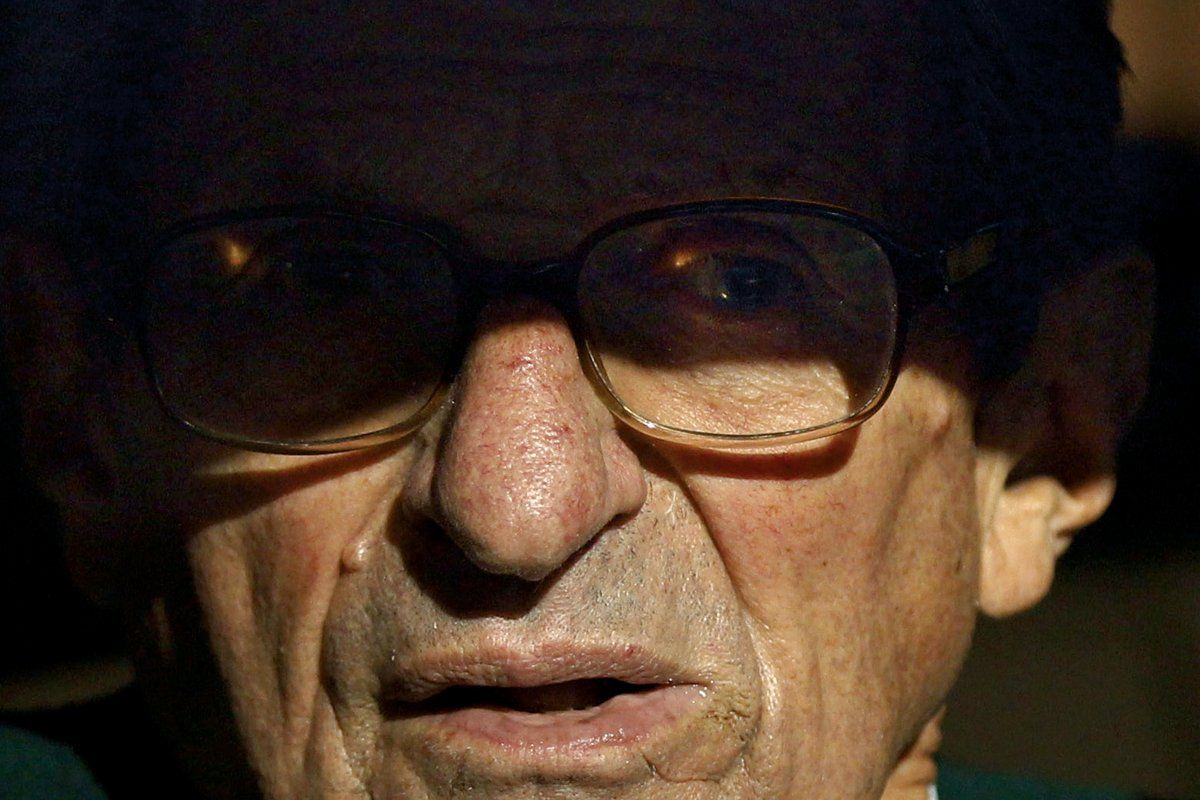
Barry Switzer never had a reputation for candor when he was the head football coach at Oklahoma University. But he knows the environment of a football coaching staff. Does he buy the explanation that none of the football coaches at Penn State knew that Jerry Sandusky, a former assistant now charged with 40 counts of serial sex abuse with minors, was an alleged sexual predator long before his Nov. 5 arrest?
"Having been in this profession a long time and knowing how close coaching staffs are, I knew that this was a secret that was kept secret," Switzer told The Daily Oklahomanwith blunt honesty. "Everyone on that staff had to have known, the ones that had been around a long time."
We already know that recently fired Penn State head football coach Joe Paterno did have some awareness in 2002 of a beyond-disturbing incident involving a naked Sandusky and a naked 10-year-old boy in the showers of the Penn State football facility that according to the state grand-jury report was outright rape. We also know that Paterno did not go to the police.
What has not been established is how long Paterno and his coaches may have known about Sandusky's conduct. He was first investigated for child abuse in 1998 when he showered with a minor and apparently admitted he may have fondled the alleged victim. A report was filed by the Penn State police. Is it credible that Paterno and others knew nothing of the 1998 incident? Not even close.
The Penn State travesty is just the latest in a litany of significant scandals at major college football and basketball programs—Ohio State (illegal benefits to players), the University of Southern California (stripped of a 2004 national championship because of illegal benefits), and the University of Tennessee (unethical recruiting tactics), to name just a few.
There must be changes to control the monster that college sports have become. The most radical idea, outlined in a series of recent articles by George Dohrmann in Sports Illustrated, is to have universities spin football and basketball programs into a separate entity, what Dorhmann calls "Football Inc."
Players would not be full-time students because they really aren't now anyway. (College sports have nothing to do with academics.) The teams, companies in effect, would still have university affiliation, and there would be a split of revenues at a negotiated price. Universities could rid their hands of what has become a colossal mess and just take in the money.
It is a complicated solution, maybe unworkable, but nothing is unworkable if the stakes are high enough, and the stakes are enormous. Too many universities are sports factories posing as academic institutions. The overemphasis on sports is a leading cause of America losing its competitive edge. Too many students are playing intercollegiate sports in what has become an absurdly demanding year-round commitment.
A more immediate and far easier solution would be for schools to drop teams that don't make money. They could be turned into club teams, competitive and a lot more fun.
It would not solve the problem of the football monster, but at least tens of millions in revenue from the big-time programs, instead of going to support unprofitable sports teams as they do now, could provide more scholarship money and better faculty salaries to maintain educational programs that are being cut to the bone in the current economic climate.
This would require a change in rules by the most feckless organization in America, the National Collegiate Athletic Association, which now absurdly requires that universities maintain between 14 and 16 varsity sports to qualify for the national football championship. Athletes in the non–revenue generating sports would moan. Until they were reminded they are going to college to learn, not to swing a golf club. The best place to begin desperately needed reform? Penn State, which maintains 29 varsity teams.
Uncommon Knowledge
Newsweek is committed to challenging conventional wisdom and finding connections in the search for common ground.
Newsweek is committed to challenging conventional wisdom and finding connections in the search for common ground.





